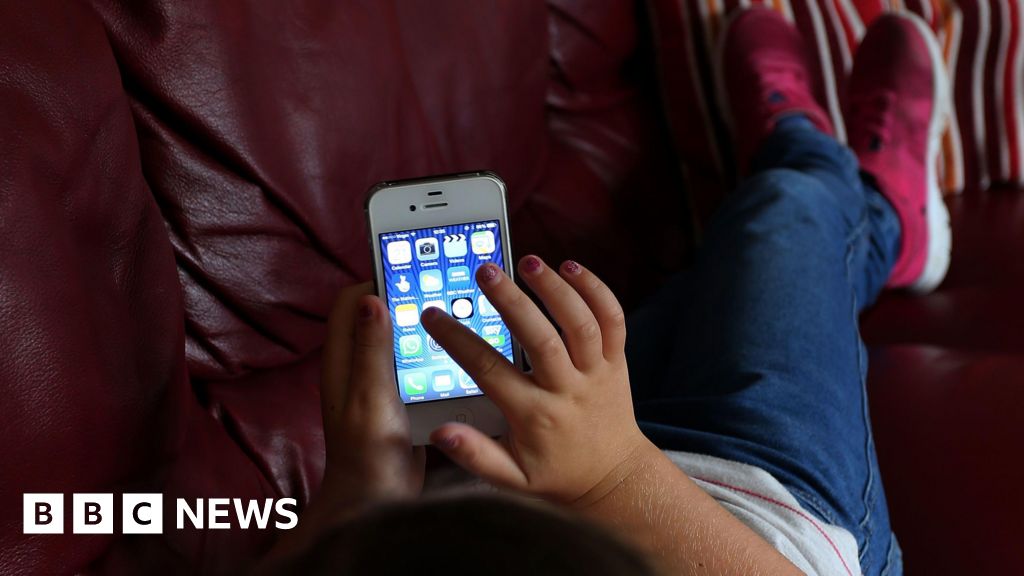Social media sites such as Facebook and X will still have to comply with UK law, Science Secretary Peter Kyle has said, following a decision by tech giant Meta to change rules on fact-checkers.
Mark Zuckerberg, whose Meta company includes Facebook and Instagram, said earlier this week that the shift – which only applies in the US – would mean content moderators will “catch less bad stuff” but would also reduce the number of “innocent” posts being removed.
Kyle told the BBC’s Sunday with Laura Kuenssberg show the announcement was “an American statement for American service users”.
“If you come and operate in this country you abide by the law, and the law says illegal content must be taken down,” he added.
On Saturday Ian Russell, the father of Molly Russell, who took her own life at 14 after seeing harmful content online, urged the prime minister to tighten internet safety rules, saying the UK was “going backwards” on the issue.
He said Zuckerberg and X boss Elon Musk were moving away from safety towards a “laissez-faire, anything-goes model”.
He said the companies were moving “back towards the harmful content that Molly was exposed to”.
A Meta spokesperson told the BBC there was “no change to how we treat content that encourages suicide, self-injury, and eating disorders” and said the company would “continue to use our automated systems to scan for that high-severity content”.
Internet safety campaigners complain that there are gaps in the UK’s laws including a lack of specific rules covering live streaming or content that promotes suicide and self-harm.
Kyle said current laws on online safety were “very uneven” and “unsatisfactory”.
The Online Safety Act, passed in 2023 by the previous government, had originally included plans to compel social media companies to remove some “legal-but-harmful” content such as posts promoting eating disorders.
However the proposal triggered a backlash from critics concerned it could lead to censorship.
The plan was dropped for adult social media users and instead companies were required to give users more control to filter out content they did not want to see. The law still expects companies to protect children from legal-but-harmful content.
Kyle expressed frustration over the change but did not say if he would be reintroducing the proposal.
He said the act contained some “very good powers” he was using to “assertively” tackle new safety concerns and that in the coming months ministers would get the powers to make sure online platforms were providing age-appropriate content.
Companies that did not comply with the law would face “very strident” sanctions, he said.
He also said Parliament needed to get faster at updating the law to adapt to new technologies and that he was “very open-minded” about introducing new legislation.
